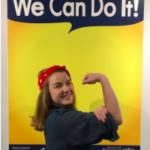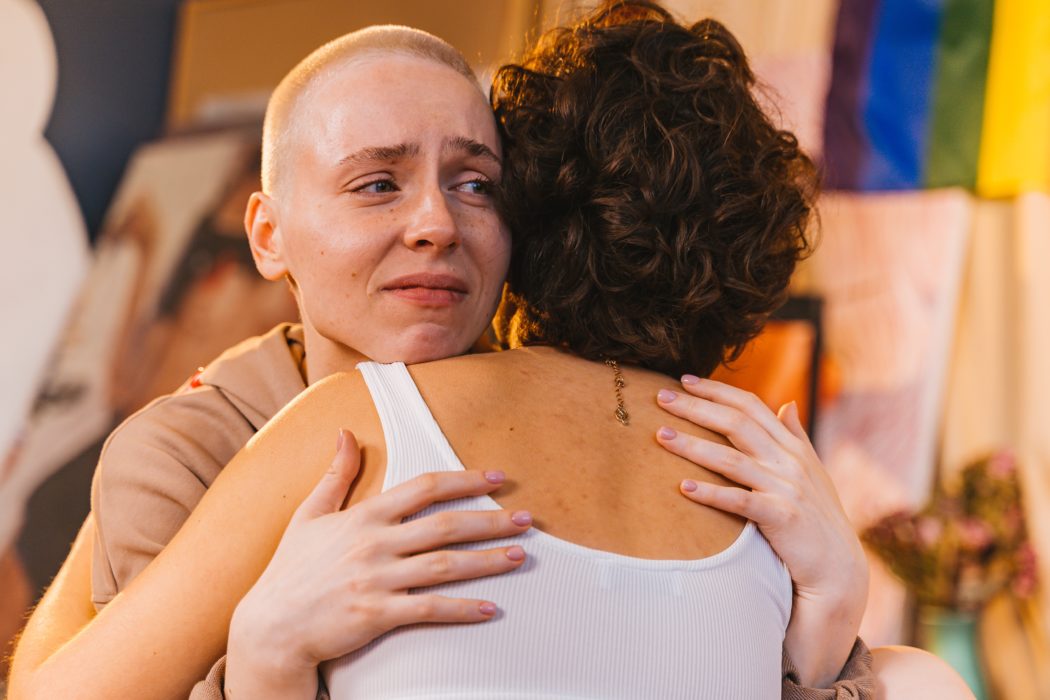 It seems like a school shooting happens every month nowadays. It should be surprising, but in a way, it’s not. According to NPR, 74 people have been killed or injured by guns at schools this year, and that doesn’t even account for the gun violence that occurs in domestic violence-related relationships and other situations. ABC News shared that over 11,500 people have been killed due to gun violence so far in 2023—and we’re not even halfway into the year.
It seems like a school shooting happens every month nowadays. It should be surprising, but in a way, it’s not. According to NPR, 74 people have been killed or injured by guns at schools this year, and that doesn’t even account for the gun violence that occurs in domestic violence-related relationships and other situations. ABC News shared that over 11,500 people have been killed due to gun violence so far in 2023—and we’re not even halfway into the year.
How has something this horrendous become what feels like our new normal?
As Tori Houser wrote for Women AdvaNCe in 2019, we need a change and we need it yesterday.
In the wake of each new shooting, you may feel powerless in fighting this issue and supporting people who have lost someone to this act of violence. Much needs to happen on an individual scale and larger scale—there’s no doubt about that. To get you started, here are some ways you can support the families on both a micro and macro level.
Follow their lead
While you may worry about rushing to say the “right thing,” rest assured that simply being with the person and listening can mean a lot. “Let the person who is grieving take the lead,” said Amy Hunnicutt, a licensed clinical mental health counselor with Thriveworks in Raleigh who specializes in grief/loss, depression, anger, and life transitions. “Listen more than you talk…It is important to also be accepting of silence, and if the person expresses they don’t want to talk, be respectful of that.”
Don’t be afraid to talk about the person who passed
When they do want to talk, Hunnicutt encouraged talking about the person, sharing memories you had with them, and using their name. “This allows the grieving person to feel comfortable talking and sharing about the person,” she explained. You two can swap funny moments, recount your most meaningful memory with them, or actively listen to the stories they share with you.
Talk about school safety and gun issues
This is something to do more on a macro level, rather than with someone who’s directly grieving (unless they want to talk about this and need your support). “Talk to school staff and administration about what safety plans are in place at your local schools,” Hunnicutt urged. And of course, along with that, stay informed and up-to-date. Additionally, she mentioned writing letters to politicians about what you want to see can be effective, too.
Donate your time and money
This is another indirect way to help these folks (unless you donate money to their family’s GoFundMe, which is another good idea!). As far as North Carolinaian resources, Hunnicutt listed the North Carolinians Against Gun Violence and the NC Council of Churches, as well as other helpful resources, like Everytown’s article on traumatic grief and Columbia University’s on gun violence prevention.
Don’t rush forgiveness
For many people, the most effective and meaningful way to support them is by validating their feelings and empathizing with their hurt (while also acknowledging you may not understand their pain firsthand).
And after something as traumatizing as gun violence happens—over and over again, too—encouraging forgiveness might not fit the bill, or feel doable for the person. “It may take years and a lot of support to aid them in getting to that point,” Hunnicutt said.
Help them feel comfortable talking to you freely
Gun violence, like any trauma, can bring out big emotions, and understandably so. People may yell, or cry, or act in ways you’ve never seen them act before. Try to be mindful of your facial reactions, body language, and comments as this happens. “Don’t be afraid of their big feelings as they are expressing them,” Hunnicutt said. “This will help the person see you as a non-judgmental space to go to for support.”
While doing all these things is a significant way to be supportive, remember: It’s only the start of all that needs to happen with gun control.
 Ashley Broadwater is a recent graduate of UNC-Chapel Hill, where she studied Public Relations in the Hussman School of Journalism and Media. She’s passionate about mental health, body positivity, relationships, Halloween, and Dad jokes.
Ashley Broadwater is a recent graduate of UNC-Chapel Hill, where she studied Public Relations in the Hussman School of Journalism and Media. She’s passionate about mental health, body positivity, relationships, Halloween, and Dad jokes.

There are no comments
Add yours